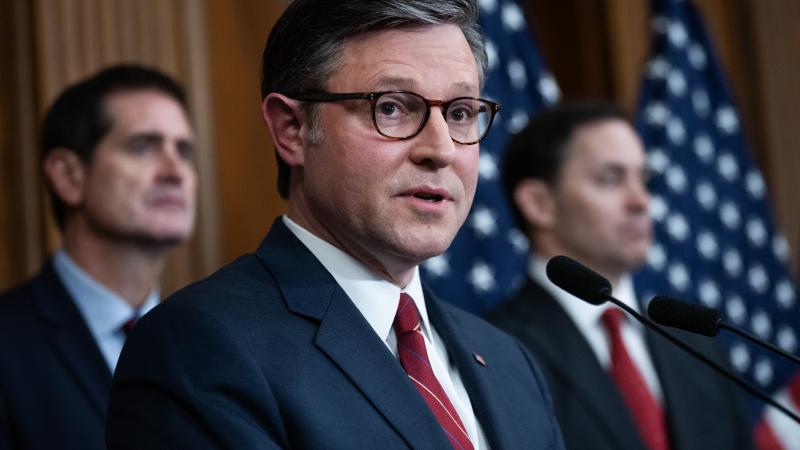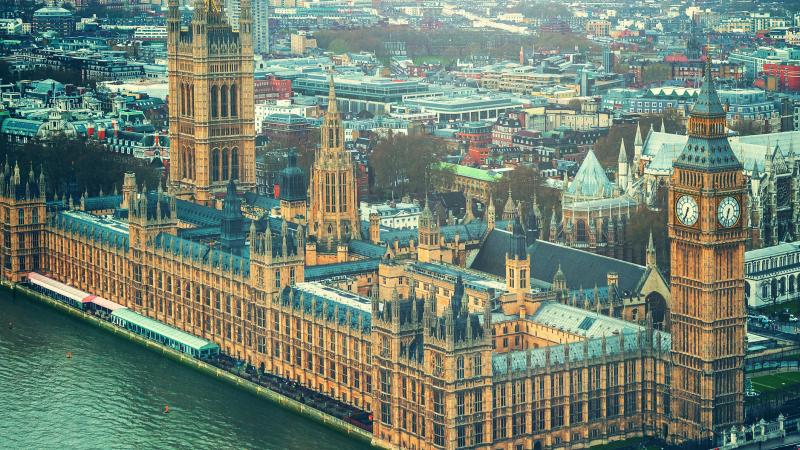Recession worries rising among economists
Expert predictions on timing are varied.
Recession worries are rising among economists as inflation continues at high levels.
A top Moody's economist has predicted a recession could hit within the next two years, but others are saying it could happen sooner.
Dr. Michael Walden, the William Neal Reynolds Distinguished Professor Emeritus at North Carolina State University, recently wrote a report warning a recession could take place in the last quarter of this year.
JPMorgan Chase CEO Jamie Dimon and Wells Fargo CEO Charlie Scharf have both sounded the alarm about a recession.
According to American Banker, Dimon cited COVID stimulus spending, the Federal Reserve planning to reduce liquidity and the Russian invasion of Ukraine as factors contributing to an economic "hurricane" that could lead to a recession soon.
Deutsche Bank Chief U.S. Economist Matthew Luzzetti has predicted a recession will occur next year.
"The basis of our call," he explained, "was that we expected a recession towards the end of next year in the second half of next year, and it was driven by a view that the labor market would remain remarkably tight — something that we're seeing with this morning's job-openings data, quits-rate data — and that inflationary pressures would be more persistent and ultimately force the Fed to be more aggressive in terms of the rate hikes."
Greg Daco, chief economist at EY-Parthenon, warned of an economic downturn globally within the next 12 months.
"A U.S. recession is unlikely in the very near term, but there are several uncertainties on the horizon," wrote Daco. "While I put the odds of a U.S. recession somewhere around 35-40% in the next 12 months, the odds of a material global growth slowdown are close to 100% in the next six months."
A former Securities and Exchange Commission economist said the prospect of a recession is likely.
"It's very hard to stop inflation without a recession," said Larry Harris, former chief economist of the SEC. "There will be a day of reckoning, the question is how soon."
Phillip Patrick from Birch Gold Group senses that the current bearish markets are portents of a recession.
"It certainly feels inevitable," he told Just the News. "So we've had our first quarter of negative GDP growth. Technically a recession is two quarters consecutively. With the markets performing as they are, it looks very, very likely — it has been a rough year for the market."
Other economists are calling recession fears premature.
"Commodity prices will start to ease from next quarter, but will remain permanently higher than before the war in Ukraine for the simple reason that Russian supplies of many commodities will be permanently reduced," said Simon Baptist, global chief economist at the Economist Intelligence Unit.
House Minority Whip Steve Scalise told Just the News recently that he thinks the Biden administration's economic policies are driving the U.S. economy closer to a recession.
"I'm very concerned about the weakness of the economy right now and the potential for a recession because Joe Biden has continued to promote policies that, number one, spend money at rapid paces, but also that undermine the ability to make things in America by having an anti-American energy policy," said the Louisiana Republican.
















